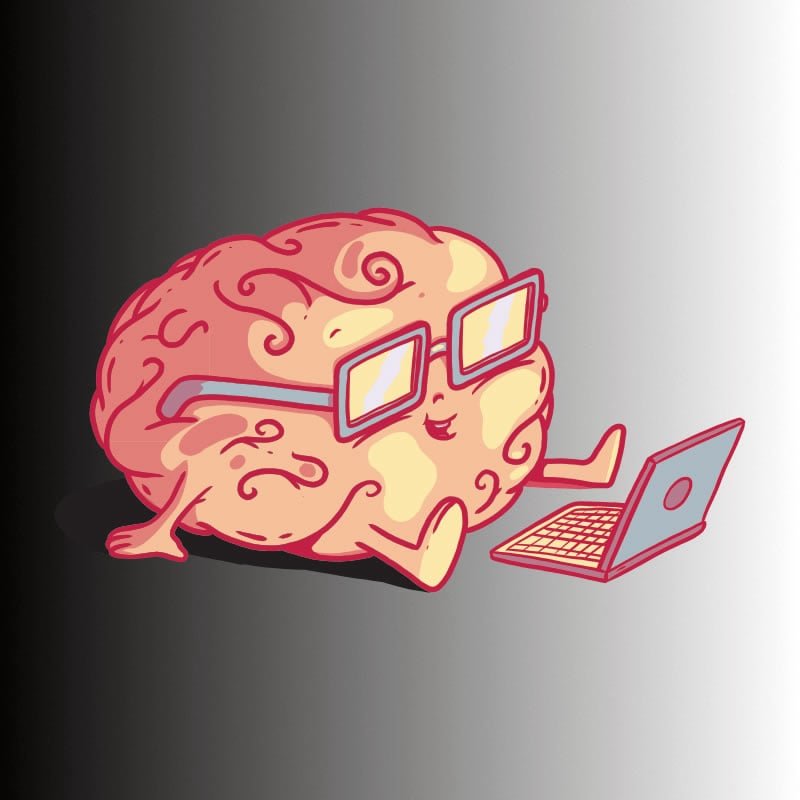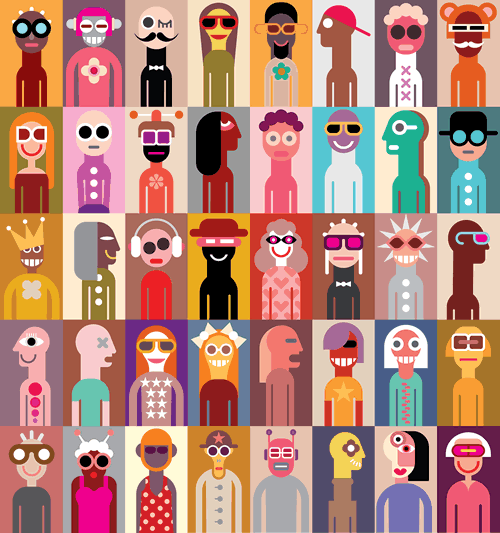Being diagnosed with autism is often seen as a tragedy. But for Jac den Houting, it was the best thing that's ever happened to them. As an autistic person, concepts like the Neurodiversity paradigm, the Social Model of Disability, and the Double Empathy Problem were life-changing for Jac. In this talk, Jac combines these ideas with their own personal story to explain why we need to rethink the way that we understand autism. Jac den Houting is a research psychologist and Autistic activist in pursuit of social justice. Jac currently holds the role of Postdoctoral Research Associate at Macquarie University in Sydney, working alongside Professor Liz Pellicano. In 2015, Jac was awarded an Autism CRC scholarship to complete their PhD through the Autism Centre of Excellence at Griffith University in Brisbane. Prior to this, they gained almost 10 years’ experience as a psychologist in the criminal justice system, with the Queensland Police Service and Queensland Corrective Services. Jac was identified as Autistic at the age of 25, and is proudly neurodivergent and queer. After participating in the inaugural Future Leaders Program at the 2013 Asia Pacific Autism Conference, Jac quickly became established as a strong advocate for the Autistic community. Jac is a current member of the Autistic Self Advocacy Network of Australia and New Zealand (ASAN-AuNZ)’s Executive Committee, the Autism CRC’s Data Access Committee, Aspect’s LGBTQIA+ Autism Advisory Committee, and the Aspect Advisory Council. This talk was given at a TEDx event using the TED conference format but independently organized by a local community. Learn more at https://www.ted.com/tedx








